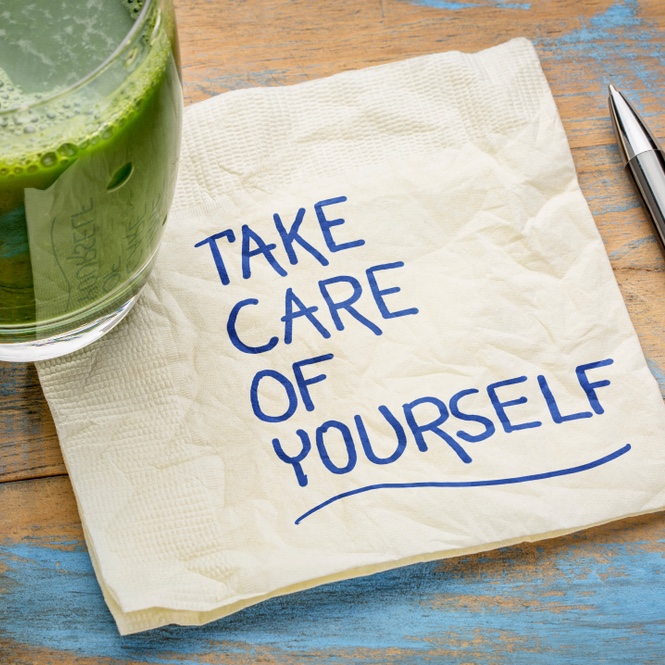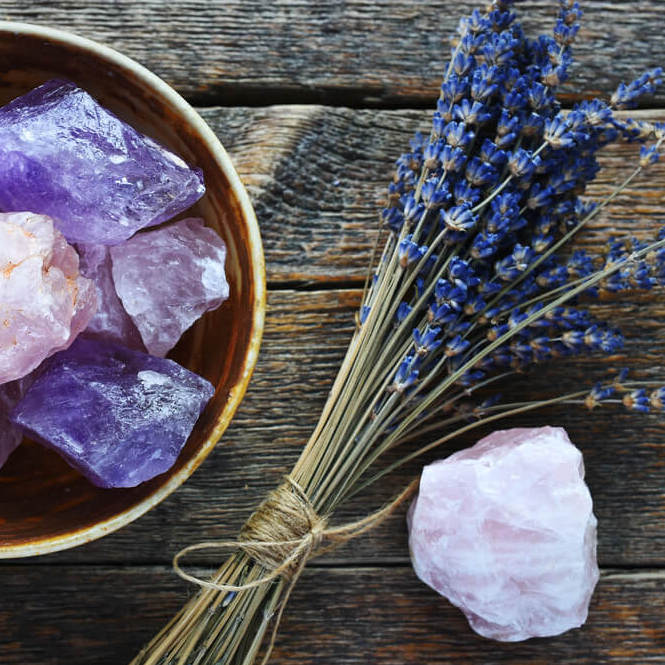5 Minute Read
Words by Tracey Ramsden

Life of the party one day and craving alone time the next? Tracy Ramsden explains that many of us are neither introvert nor extrovert. Welcome to the world of the ambivert.
We like to put ourselves and other people into boxes – the party animal, the homebody, the social butterfly, the ‘quiet one’, the extrovert or the introvert. But what if we’re all of those things?
Much like our emotions, social personalities exist on a spectrum and can fluctuate between extremes. Getting to know when we need stimulation and when to retreat is a superpower that could help our wellbeing.
“When we are given a word to describe people, we tend to think, which one am I? But for a lot of people, it changes,” explains Anna Mathur, psychotherapist and author of Know Your Worth. “You might think you’re an introvert because you like your own space but when you’re around the right people, you become an extrovert. We put ourselves in boxes to give us a frame of reference but it’s simply about where we get our energy – from being with other people, or being on our own.”

Introverts get their energy from spending time alone, extroverts get their energy from being around other people and ambiverts sit smack bang in the middle. The truth is, most of us are ambiverts on the ever-sliding scale, and it’s more common than you think.
“I love the term ambivert because it’s for those of us who seek company and seek quiet,” says Mathur. “It’s for people who feel confident but that confidence has an expiration date, or might be dependent on the people you’re around or how much sleep you’ve had. The term ambivert covers all of those things.”
Mathur likens our social battery to three glasses in a row – one for social, one for work and one for family, for example. “You have a limited amount of water (or energy reserves) and you might fill your work one to the brim so you have little left for social,” Mathur explains. “It’s about awareness of keeping them balanced, so you might need to put in some boundaries with work so you have more social energy.”
“Most of us are ambiverts on the ever-sliding scale, and it’s more common than you think”
The more we listen to ourselves and accommodate what we need, the more confidence we’ll find in social situations. Lots of people may see themselves as an extrovert and then feel burnt out, or if you’re an introvert but you’ve had some time out or a holiday then you might feel more energised in social situations. The black and white nature of introverts Vs extroverts isn’t helpful because life throws us situations – grief, parenthood, challenging jobs – that make us swing from wanting to retreat to craving stimulation.
To work out where you sit on the scale, at any given moment ask yourself, what do I need and how are my energy levels? “We don’t often know we’re running on empty until we get to the point of burnout,” explains Mathur. “Ask yourself what’s slipping in your life? What are the things you normally do that fill you up? Such as seeing friends, going to the gym, reading. When we’re juggling too much, those things get edged out, so check in with yourself and your needs regularly. The ambivert label is a good reminder of this.”
It’s also important to be mindful of the ‘social hangover’, which is the reason you might feel a bit floored and overstimulated after a big social gathering and retreat to being around close family or friends who you can relax around. “Society tells us to say yes to everything or show up to everything, but we can learn a lot from children. Often kids will say I don’t want to be here anymore, I want to go home now. We’ve learnt to override that little voice but it’s important to stay connected to it.”

Mathur recommends fuelling your tank before a busy social period. “Look at gaps when you can recharge, or in a big social gathering, take five minutes to go for a quiet scroll in the loo to top up your energy.” Also, knowing your triggers helps to keep everything in check.
“For introverts, it’s overloading yourself,” says Mathur. “You need to respect that you get your energy from solitude, which is very different to loneliness. You just need to be aware when the nourishing practice of solitude slips into loneliness, or whether you’re confusing introversion with social anxiety. For extroverts, ask yourself if you want to be around people for energy, or are you avoiding being alone because there are things you don’t want to think about? We often play a role in our social groups that we feel is expected of us – i.e. the life and soul of the party – so check in on how you’re really feeling.”
Above all, never shame yourself or think everyone else is finding it easy. “The true bonus of being an ambivert is that it gives us permission to tap into how we’re feeling on any given day, and realising that every day we wake up feeling differently.”
Anna Mathur’s new book Raising A Happier Mother (£16.99, Penguin Life) is out 31st August.





